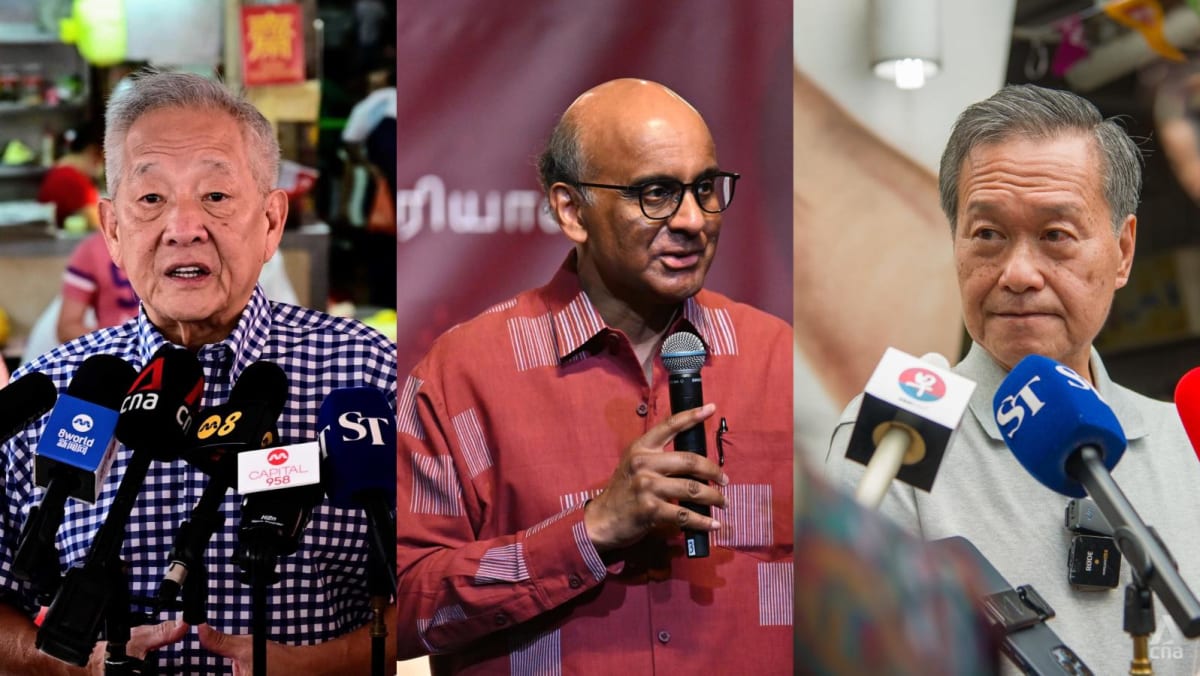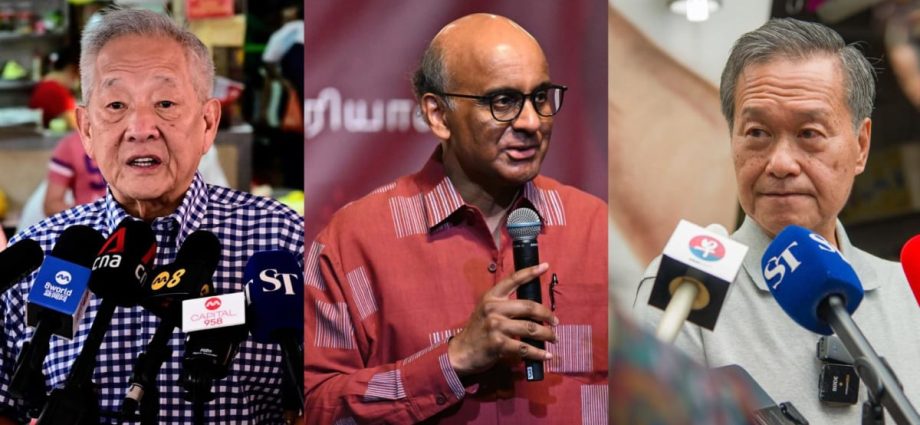
The analysts also noted how the other two presidential candidates have tried, in their own ways and with varying degrees of success, to highlight their independence.
Former Senior Minister Tharman Shanmugaratnam has urged voters to consider his track record of being independent-minded, while Mr Ng Kok Song has repeatedly styled himself as a non-partisan candidate with no political affiliations, Assoc Prof Tan said.
However, Mr Tharman “cannot hide the fact that he was Deputy Prime Minister until recently” and that he was popular in his Jurong ward, said Dr Alan Chong, senior fellow with the S Rajaratnam School of International Studies (RSIS).
Mr Tharman was in PAP for 22 years and served as a Member of Parliament in Jurong Group Representation Constituency before resigning from the party to contest the election. He was Deputy Prime Minister from 2011 to 2019.
Nevertheless, Dr Felix Tan said that Mr Tharman has clearly avoided any tacit support or endorsement from the PAP and focused on what the Presidential Election should be about – one’s character, integrity, experience, values and abilities.
As for Mr Ng, people “are also mindful of the fact that he was in GIC, so the idea of independence on his part needs to be creatively narrated”, said Dr Chong.
Mr Ng is the former chief investment officer of GIC, Singapore’s sovereign fund. He spent a total of 45 years in public service, including at the Monetary Authority of Singapore.
Assoc Prof Tan sought to point out how the popular characterisation of “independence” has been “simplistic”.
Mr Tharman and Mr Ng are often referred to as being from the establishment, while Mr Tan Kin Lian has described himself as being “truly independent from the government”. This belies a fundamental misunderstanding of the elected presidency and what independence of the office is for, Assoc Prof Tan said.
“The larger point that needs to be borne in mind is that ‘independence’ is a means to an end of enabling the faithful execution of the powers of the presidency,” he noted.
“It is not an end in itself in that it is used to become an alternative power centre to the elected government. It was never conceived as such and should never become one. Our system of government remains a parliamentary one.”

